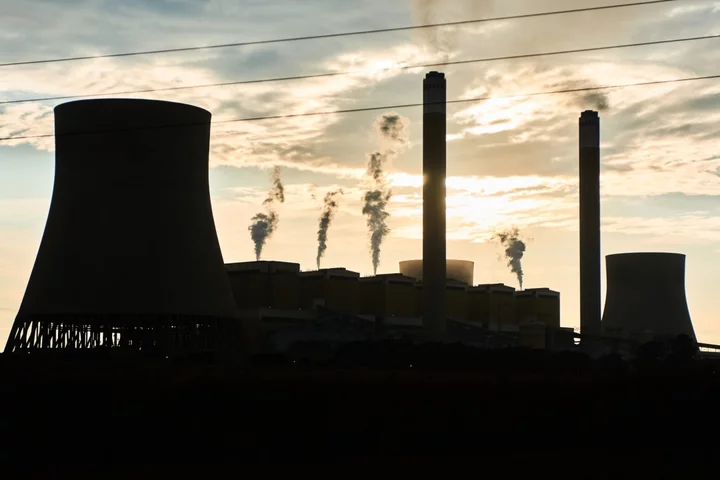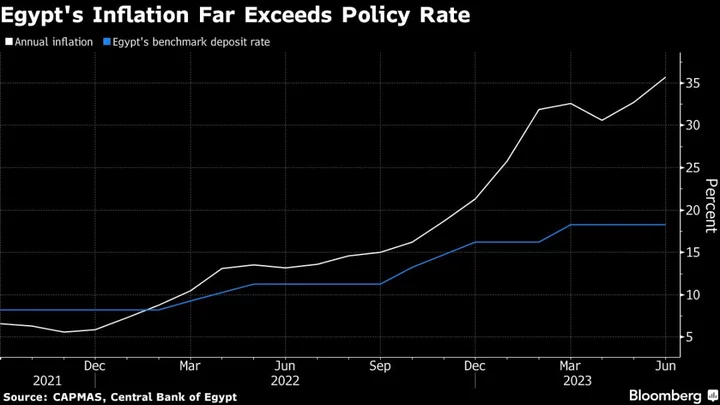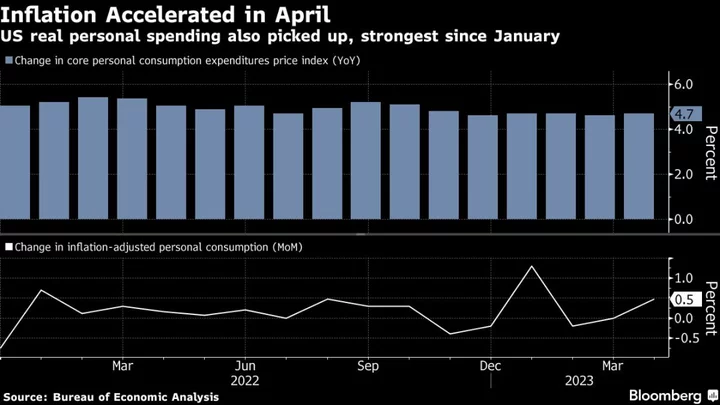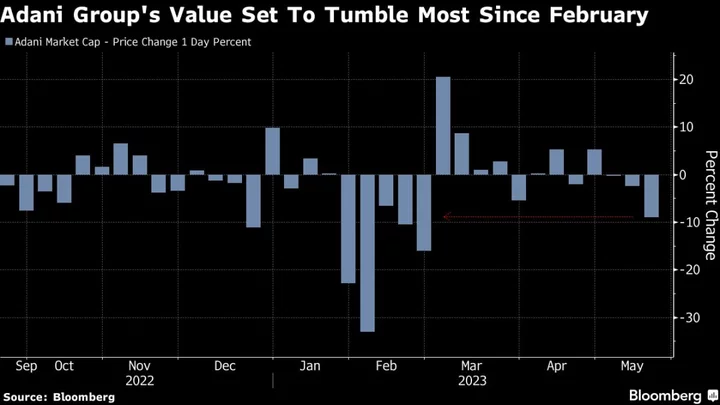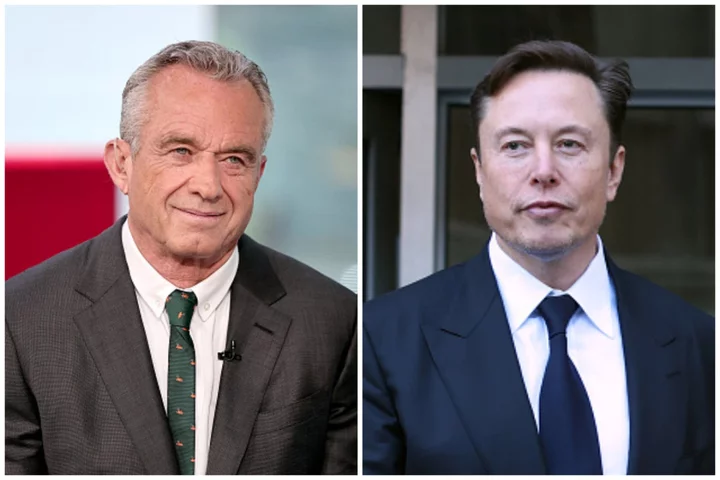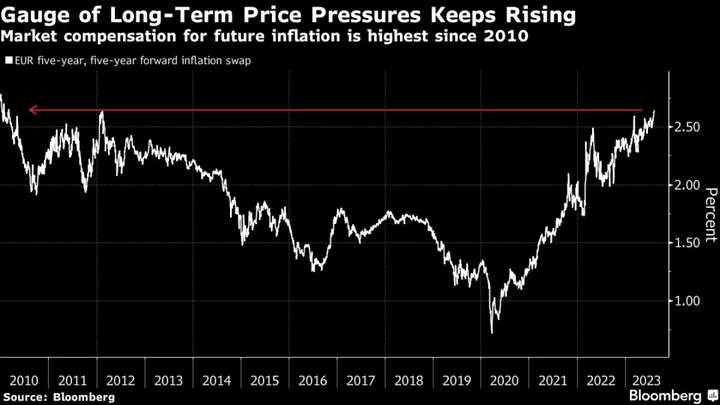South Africa’s Presidential Climate Commission dismissed a report that said modeling shows that the country will miss its 2030 emissions reduction target, saying that no such forecasting exists.
Reuters reported that as South Africa is considering keeping some coal-fired power plants open for longer than initially planned to ease recurrent power outages, the so-called nationally determined contribution will be missed. Reuters cited three unidentified people including an official in the presidency and another at state power utility, Eskom Holdings SOC Ltd.
“I don’t think there is the modeling done to come to that conclusion,” Crispian Olver, the executive director of the commission, which was set up by President Cyril Ramaphosa to advise him on climate matters, said via text message.
South Africa aims to reduce its emissions to between 350 and 420 megatons of carbon dioxide equivalent by 2030, bettering a target set in 2015 of emitting between 398 and 614 megatons by that date. The goal was key to South Africa securing pledges of at least $8.8 billion in climate finance from some of the world’s richest nations. The country, which relies on coal for more than 80% of its electricity, is the world’s 14th-biggest emitter of climate-warming gases.
Vincent Magwenya, a spokesman for Ramaphosa, directed queries to Electricity Minister Kgosientsho Ramokgopa, whose office didn’t respond to requests for comment.
“South Africa’s emissions in 2020 were 450 megatons of carbon dioxide,” Olver said in a later posting on X. “This is still within the 2025 target range and does put us in striking distance of the 2030 range,” he said, adding that emissions from Eskom, which accounts for about 40% of the country’s greenhouse gas discharge, fell in the most recent fiscal year.
If the target is missed South African exports would be less competitive as customers such as those in the European Union would prioritize products made in processes that emit less carbon dioxide, he said in comments sent to Bloomberg. The climate finance pact, known as the Just Energy Transition Partnership, could also be at risk, he said.

